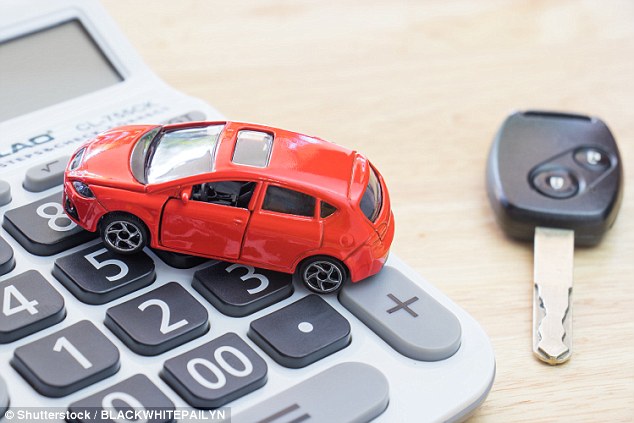Whether you buy a new or a used car, you’re likely to make a significant investment when purchasing a vehicle. This is even truer in the current climate, where the rate of inflation remains disproportionateto earnings growth.
With this in mind, it’s imperative that you look to safeguard the investment that you make and strive to optimise the resale value of your car in the future.
In the post below, we’ll explore this further, while offering actionable steps on how to make the most of your automotive spend.
Get the Right Insurance Coverage
Let’s start with the basics; as it’s crucial that the value of your vehicle is protected in the event of an accident.
This may include to invest in more than one product, as you combine standard insurance with optional products to create more comprehensive coverage.
One of the main products you should consider is GAP coverage, which is available through insurers such as ALA. This covers the difference between the actual cash value of your car and the balance still owed on your financing plan, which safeguards you in the event of an accident.
This is particularly ideal for high-value or new cars, although it’s worth considering regardless of the vehicle that you buy.
Perform Due Diligence Checks when Buying Used Cars
For many, the ideal of buying a brand new car remains a remote possibility, especially with disposable income levels being squeezed across the country.
While investing in used vehicles can save you money in the short-term, however, it also minimises the resale value of your car and increases the risk of incurring faults over time.
This is why you must perform due diligence checks when buying a used car, as you invest in a mechanic to inspect the vehicle and assess its road-worthiness.
Similarly, it’s worth booking regular maintenance checks during your ownership of a vehicle, as this will help you to identify faults earlier and correct them for less.
Maintain the Interior and Exterior of your Car
Cars are unique as investment assets, as they actively depreciate in value and will always exist as loss-making entities.
Only classic cars buck this trend, but owners of regular vehicles can at least take steps to maintain the condition of their car and minimise any future financial loss.
We’ve already touched on the importance of performance and engine maintenance, of course, but you should also strive to keep your vehicle in pristine condition. This means regularly cleaning, polishing (and in some instances upgrading) your interior, while also ensuring that the exterior features maintain a shine at all times!
A keen attention to detail is key here, as you should not overlook easily scuffed areas such as the hub caps.





